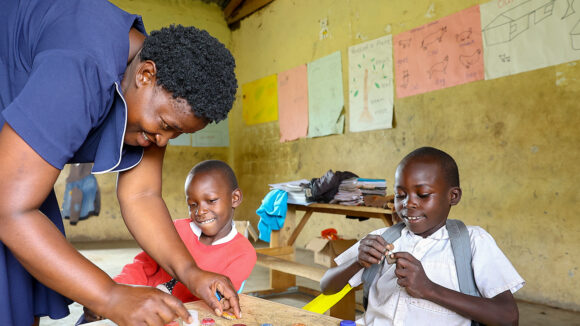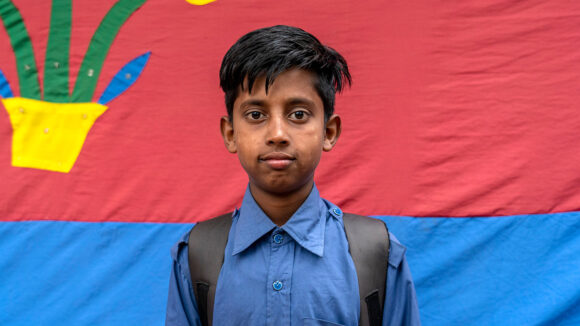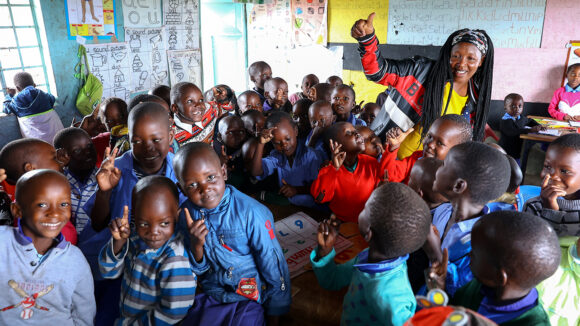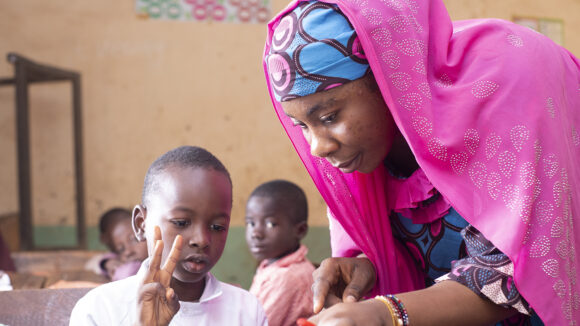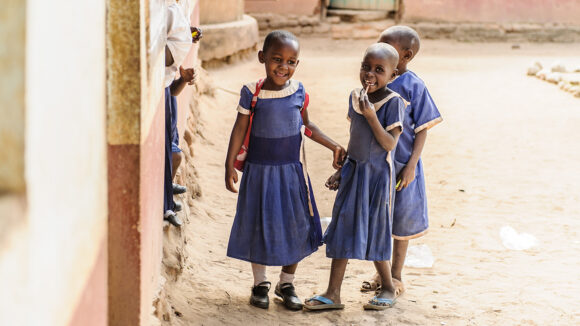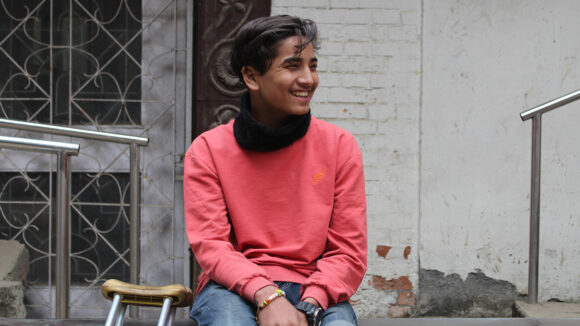Our goal is to improve the lives of children with disabilities, and break the cycle of poverty by ensuring accessible learning is available for all.
Our work on inclusive education
Education is a fundamental right, but for the most marginalised children, and especially those with disabilities, their rights are too often denied.
Ensuring that education is inclusive is essential for achieving Sustainable Development Goal 4 in 2030.
Since 2018, Inclusive Futures has worked with consortium partners and organisations of people with disabilities (OPDs) to support governments in five countries (Bangladesh, Kenya, Tanzania, Nepal and Nigeria) to improve inclusive education. The programmes aim to innovate and scale successful approaches to disability inclusion in mainstream education, and remove barriers to ensure children with disabilities can take part.
Our education projects
Strengthening the education system to support children with disabilities in Bangladesh
Duration: January 2021 – December 2024
Donor: UK aid
Partners: Sightsavers, ADD International, Sense International
This project covers two districts of Bangladesh to improve educational outcomes and provide equal access to education for children with disabilities, particularly with complex and multiple disabilities, both those in school and out of school. It also aims to improve the inclusivity of educational systems, through school infrastructure and planning systems, and improved referral pathways. Project snapshot
Promoting inclusive early childhood development education in Kenya
Duration: February 2020 – December 2023
Donor: UK aid
Partners: Sightsavers, Humanity & Inclusion, Sense International, Institute of Development Studies
This initiative worked through government structures and with civil society to identify affordable, contextually appropriate, scalable and sustainable inclusive early childhood development education approaches for children with disabilities in selected pre-primary schools in Homa Bay and Kakuma refugee camp. It also looked at ways to improve home-based care for children with multiple and complex disabilities. Project snapshot
Support mainstreaming inclusion so all learn equally (SMILE Project) in Nigeria
Duration: May 2019 – September 2023
Donor: UK aid
Partners: Sightsavers, Institute of Development Studies
Through the strong leadership of local organisations of people with disabilities, this project established stronger links between schools, children with disabilities and their parents in Kaduna state. It supported school-based management committees (SBMCs) and/ or parent teacher associations (PTAs) in the target schools to increase their knowledge and understanding of inclusive education concepts and gave them the skills to ensure more effective disability inclusive school planning. Project snapshot
Promoting inclusive education for girls with disabilities in Tanzania
Duration: August 2019 – March 2025
Donor: UK aid
Partners: Sense International, Light for the World, ADD International
The project is supporting children with disabilities, especially girls, to learn in three remote districts in the Mwanza and Shinyanga regions. It is improving teaching and learning environments, referral systems and support, as well as ensuring the government’s education policies are effectively implemented by providing systemic support. By collaborating with the nationwide Shula Bora education programme, the project will amplify its work on disability inclusion throughout Tanzania. Project snapshot
Strengthening inclusive education systems and services in Nepal
Duration: November 2019 – December 2024
Donor: UK aid
Partners: Humanity & Inclusion, Sense International
This project is developing and supporting local government, schools and other stakeholders to implement policies, procedures and plans to support education for children with disabilities. This includes training, support and development of good practices and guidelines for parents, children, school authorities, other community members and stakeholders. Project snapshot
Read more about our work
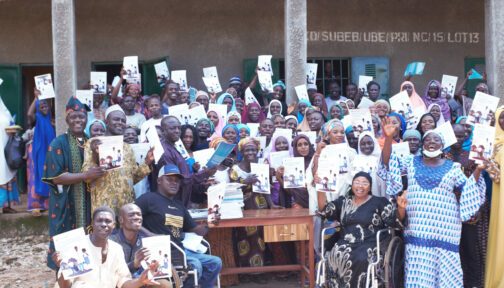
Inclusive Futures wins Zero Project award for work on education
Inclusive Futures has won a Zero award for its work on collaborating with organisations of people with disabilities (OPDs) across its inclusive education projects.
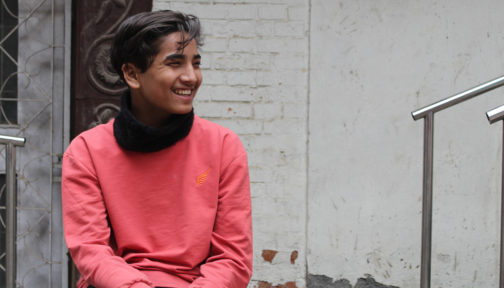
How schools in Nepal are including children with disabilities
As Inclusive Futures moves from testing innovations to delivering development programmes at scale, our inclusive education programme in Nepal is helping children with disabilities return to school.
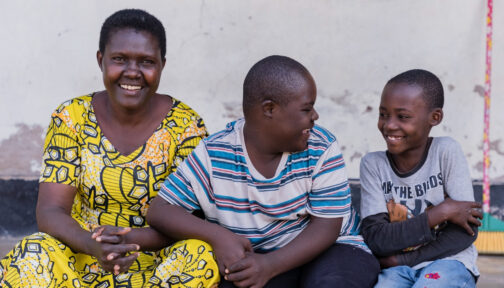
How can building collaborative alliances support disability inclusion?
What we've learned in Inclusive Futures about building collaborative alliances with and between local authorities and organisations of people with disabilities to support disability inclusion.
